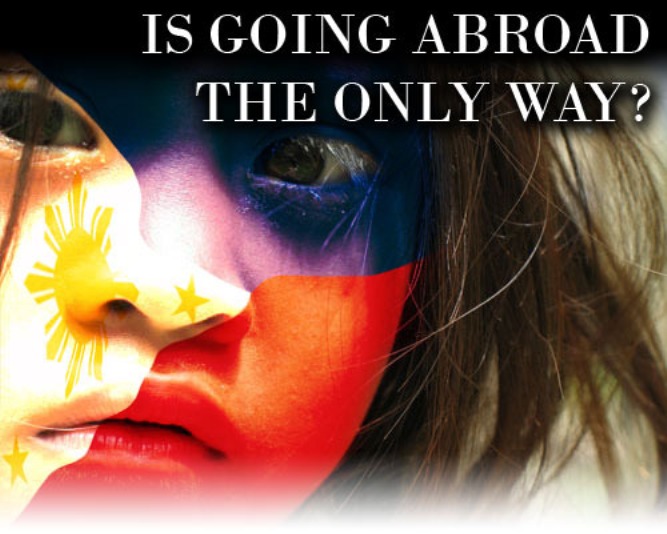The Philippine Government topped 54 (4th in ASEAN) for Facebook Spying, data revealed.
Who are these lucky individuals that could be among the most notorious pinoy in the Cyber world that triggers Philippine government to asked Facebook to reveal their identity?
It could me, you or your friends but the good thing is they got a fictitious name, wrong birth date, and unknown location but for sure the Philippine Government obtained your IP address during your most recent Facebook Login as FB comply the government request.
According to the Facebook, the Philippine government requested at least 4 times for 4 individuals' identity but did not mention if the 4 are all Philippine nationals or mixed.
Facebook complied and released only at least 25% of the personal information of the 4 FB users as the request from the government did not fully meet their required standards and grounds for requesting the personal information.
Among the Southeast Asian Countries (ASEAN Bloc) Malaysia topped 1 in spying FB users with 7 requests made for 197 individuals followed by;
- Singapore with 107 requests for 117 Facebook users
- Thailand with 2 requests for 5 Facebook users
- Philippines with 4 requests for 4 Facebook users
- Cambodia with 1 request for 1 Facebook user
Other ASEAN countries such as Brunei, Indonesia, Myanmar, Laos, and Vietnam did not bother to spy anyone.
During the wake of North Borneo conflict happened Q1 of 2013, one of the founders of Princess Jacel Kiram's page was blocked by Facebook which allegedly because of the powerful political request.
According to the Facebook, USA remained topped 1 in spying among others with approx. 11,000 – 12,000 requests for at least 20,000 individuals.
Global Government Requests Report - Facebook
Transparency and trust are core values at Facebook. We strive to embody them in all aspects of our services, including our approach to responding to government data requests. We want to make sure that the people who use our service understand the nature and extent of the requests we receive and the strict policies and processes we have in place to handle them.
We are pleased to release our first Global Government Requests Report, which details the following:
The report details the following:
- Which countries requested information from Facebook about our users
- The number of requests received from each of those countries
- The number of users/user accounts specified in those requests
- The percentage of these requests in which we were required by law to disclose at least some data
The report covers the first 6 months of 2013, ending June 30.
As we have made clear in recent weeks, we have stringent processes in place to handle all government data requests. We believe this process protects the data of the people who use our service, and requires governments to meet a very high legal bar with each individual request in order to receive any information about any of our users. We scrutinize each request for legal sufficiency under our terms and the strict letter of the law, and require a detailed description of the legal and factual bases for each request. We fight many of these requests, pushing back when we find legal deficiencies and narrowing the scope of overly broad or vague requests. When we are required to comply with a particular request, we frequently share only basic user information, such as name.
More details about our approach to responding to government requests can be found here: https://www.facebook.com/safety/groups/law/guidelines/.
We hope this report will be useful to our users in the ongoing debate about the proper standards for government requests for user information in official investigations. And while we view this compilation as an important first report - it will not be our last. In coming reports, we hope to be able to provide even more information about the requests we receive from law enforcement authorities.
As we have said many times, we believe that while governments have an important responsibility to keep people safe, it is possible to do so while also being transparent. Government transparency and public safety are not mutually exclusive ideals. Each can exist simultaneously in free and open societies, and they help make us stronger. We strongly encourage all governments to provide greater transparency about their efforts aimed at keeping the public safe, and we will continue to be aggressive advocates for greater disclosure.
- Colin Stretch, Facebook General Counsel












